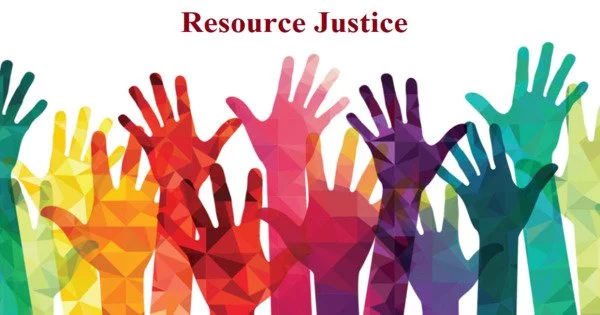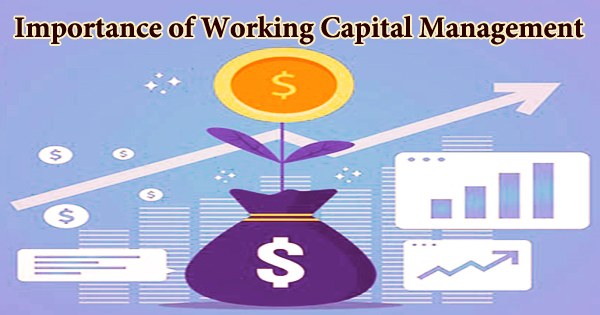Resource justice refers to the fair distribution of natural resources, economic resources, and other resources among different groups of people. This includes ensuring that all individuals and communities have equal access to resources and that the benefits and burdens of resource use are distributed fairly.
Resource justice (also known as “resource equity” or “resource governance”) is a concept in environmental ethics and environmentalism. It combines elements of distributive justice and environmental justice, and it is based on the observation that many countries with abundant natural resources, such as minerals and other raw materials, still have high levels of poverty. This resource curse is one of the most compelling ethical reasons to demand resource justice or the equitable distribution of all natural resources on a global scale.
Resource justice is often linked to issues such as environmental justice, social justice, and economic justice. It recognizes that certain groups of people, such as low-income communities and communities of color, may have historically been marginalized and disproportionately impacted by resource use and exploitation.
Achieving resource justice requires addressing systemic inequalities and power imbalances that have historically disadvantaged certain groups. This can involve creating policies and practices that promote equitable access to resources and decision-making processes that involve affected communities in resource management and use.
Resource justice is important because it promotes fairness and equity in the distribution of resources and helps to ensure that all individuals and communities can thrive. It also recognizes the interconnectedness of human and natural systems and the importance of protecting the environment and natural resources for future generations.
Resource justice also encompasses the idea of sustainable use and management of natural resources, recognizing that we have a shared responsibility to preserve and protect the environment for future generations.
Achieving resource justice requires systemic changes that address the root causes of inequality and injustice, such as poverty, discrimination, and the concentration of wealth and power in the hands of a few. It requires policies and practices that promote equitable distribution of resources, as well as efforts to dismantle structures that perpetuate inequality and marginalization. Overall, resource justice is about creating a more just and equitable society, where everyone has the opportunity to thrive and reach their full potential.
















